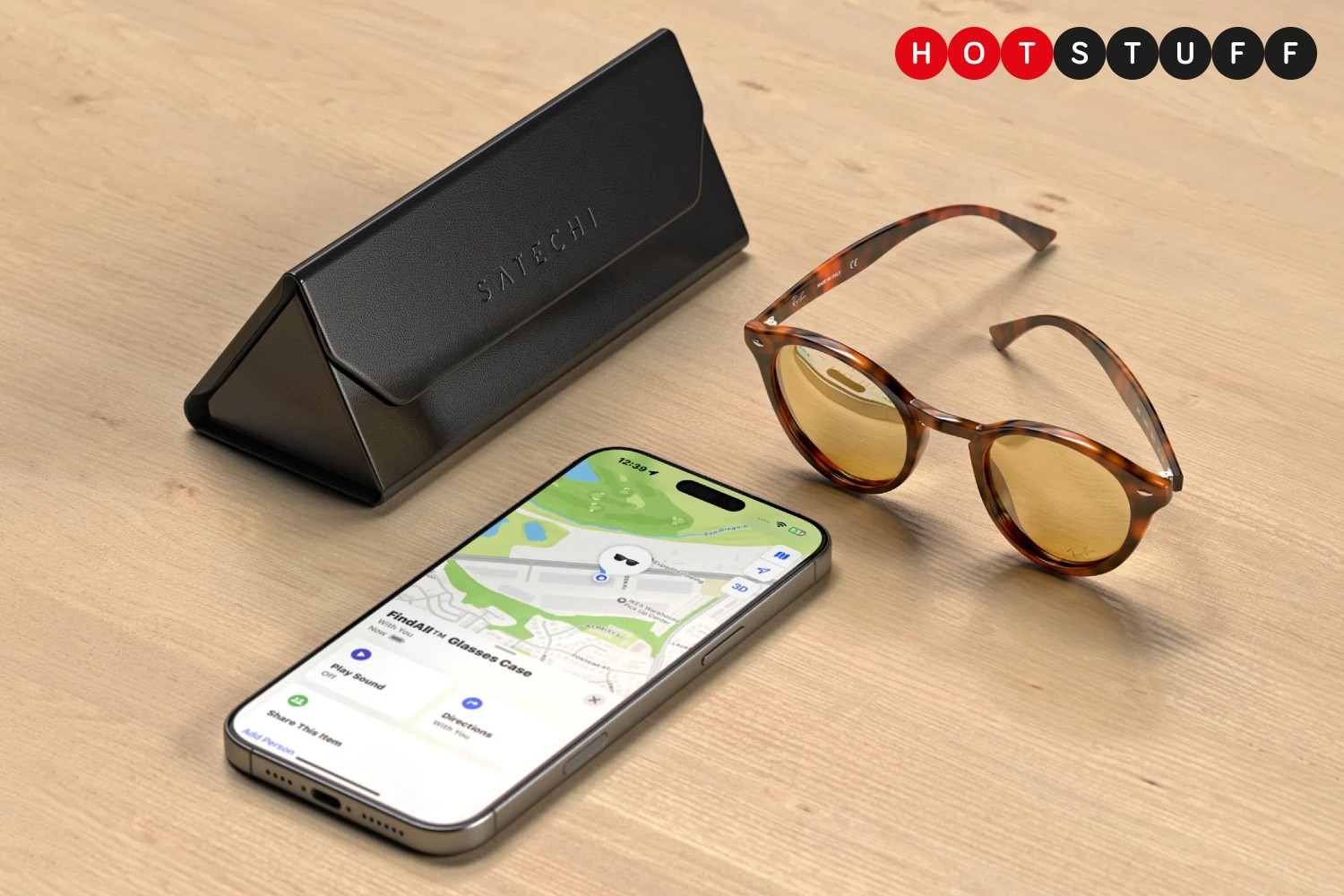A leading academic tasked by the UK government with reviewing the effects of smartphones on teenagers has suggested blanket bans are “unrealistic and potentially detrimental”.
Amy Orben, from the University of Cambridge, will lead the work on children and smartphone use that has been commissioned by the Department for Science, Innovation and Technology (DSIT) along with a team of other academics from a number of UK universities.
Ministers have so far been resistant to implementing any new legal restrictions on social media and smartphones for children that goes further than the current Online Safety Act, which clamps down on harmful content.
Some MPs have been pushing for further restrictions that go beyond harmful content – including on access to social media for those under 16, full bans on smartphones in schools or restrictions on social media algorithms that are able to train addictive content on young teenagers.
In a paper Orben published this week with four co-authors in the British Medical Journal (BMJ), they said bans and restrictions were unlikely to be effective – though they did advocate for children and teens to have phone-free spaces.
“Bans and restrictions have been successfully used for public health issues such as smoking. But smoking is not comparable with smartphone and social media use because the harms from smoking are extensive, clear-cut and by far outweigh the benefits,” the paper said.
“Prescribing abstinence from all technologies to protect against harms is unrealistic and potentially detrimental in a society where technology use is a practical necessity and confers various benefits, including information access and social support.”
The paper said that there had been “increased public pressure to mitigate the potential harmful effects of smartphones and social media on health, wellbeing … academic performance, disruptive behaviours and bullying.”
But it said the evidence suggested there were “no simple, one-size-fits-all answers” and that while most parents and policymakers were “primed to believe arguments that smartphones and social media are inherently harmful, the evidence about their overall effect on children is not clear-cut”.
Bans on devices could “undermine children’s rights to technology design and education that will help them thrive as adults”, the academics warned.
The paper acknowledged that for some more vulnerable children “access to certain digital content can result in grave harm” but said legislators should also acknowledge restricting access “can be harmful to other high risk populations”.
The researchers did raise concern about “trending content” aimed at younger users to encourage recurrent use, saying those designs were “purposefully not supporting the development of healthy tech habits”.
Peter Kyle, the science and technology secretary, appointed Orben in January to lead further research into the effects of smartphones on children’s health and wellbeing. Orben, a leading academic in the field, said she did not herself advocate for specific policy positions. Her work has been cited by both opponents and proponents for bans, including by the Australian government, which has banned social media for under-16s.
She told the Guardian: “Understanding the digital world’s impact on young people is complex and there are no simple solutions. The report my team is currently leading was commissioned by government to produce recommendations on the types of research which could help generate high-quality evidence, not to provide policy recommendations.”
“As an independent researcher my role is to examine and communicate evidence clearly, not advocate specific policies. In the BMJ article, we highlighted the benefit of multiple approaches noting technology-free spaces are important but smartphone or social media bans are not a complete solution, as other areas such as digital literacy and platform safety are also important parts of the online safety picture.”
Ministers have come under pressure in recent months to go further on smartphone use for teenagers, especially in the wake of the Netflix drama Adolescence which depicts a murder committed by a 13-year-old in thrall to toxic “manosphere” content online.
The Labour MP Josh MacAlister was forced to drop plans in a private member’s bill on restricting social media algorithms for teenagers when ministers opposed the plans.
The education secretary, Bridget Phillipson, is reviewing her department’s guidelines on smartphone bans in schools, by looking at a small cohort of schools to see if the current rules are working effectively.
The prime minister, Keir Starmer, convened a roundtable with campaigners and the makers of Adolescence in No 10 on Monday, where he suggested that it should be discussed more widely in schools. But he said there “isn’t one single policy lever to pull” when it came to addressing potential harms.
The DSIT has been contacted for comment.











